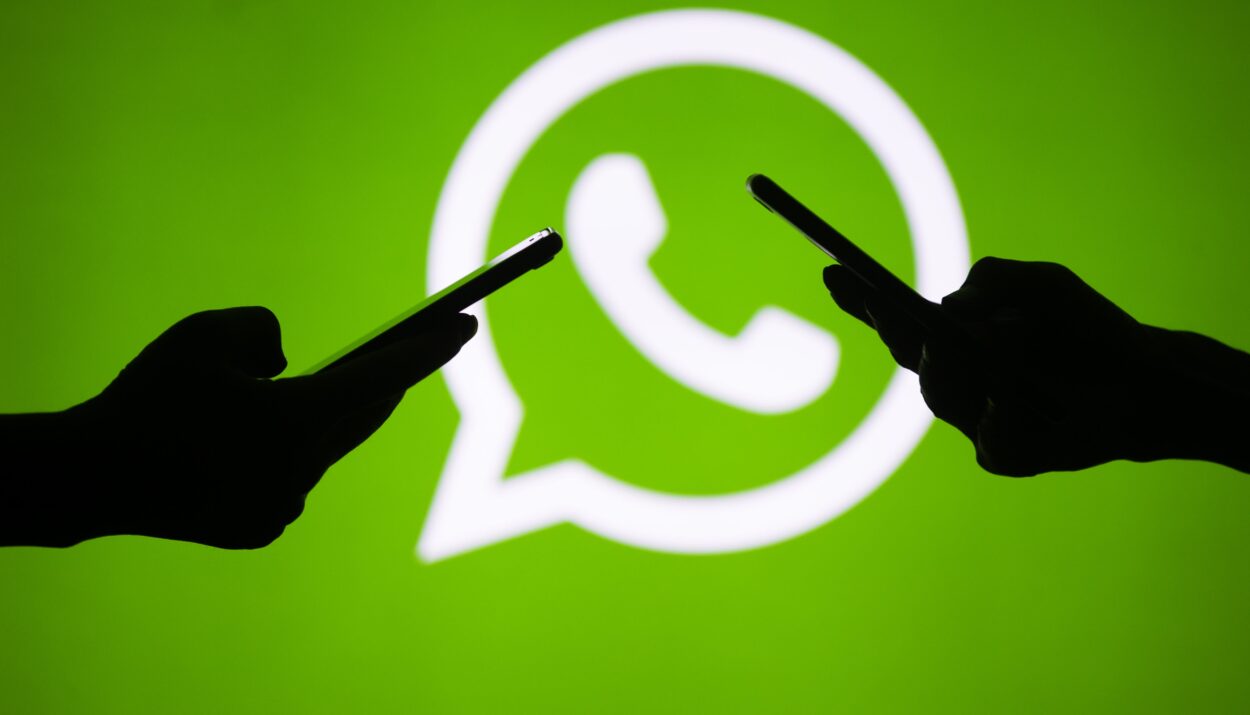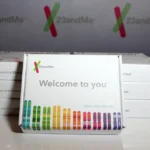If you’ve ever wondered who owns WhatsApp, the answer leads directly to one of the most powerful tech companies in the world—Meta Platforms, Inc., formerly Facebook, Inc.
However, before it became part of Meta, WhatsApp was the brainchild of Jan Koum and Brian Acton, two former Yahoo employees who founded the app in 2009. Their vision was to create a simple, reliable, and ad-free messaging service allowing people to communicate seamlessly globally.
Who Owns WhatsApp Today?
Today, who owns WhatsApp can be answered simply: Meta Platforms, Inc., which acquired WhatsApp in 2014, marking one of the most significant acquisitions in tech history.
- Meta Platforms, Inc.: In February 2014, Facebook announced its acquisition of WhatsApp for an astounding $19 billion in cash and stock, making it one of the largest tech deals ever. This acquisition allowed Facebook to expand its portfolio of social media and communication tools, integrating WhatsApp’s vast user base with its existing platforms like Facebook Messenger and Instagram.
- The Acquisition Strategy: Mark Zuckerberg, CEO of Facebook (now Meta), saw the acquisition of WhatsApp as a strategic move to dominate the messaging space, particularly in emerging markets where WhatsApp was already thriving. The purchase aligned with Facebook’s broader goal of connecting the world through its ecosystem of apps and services
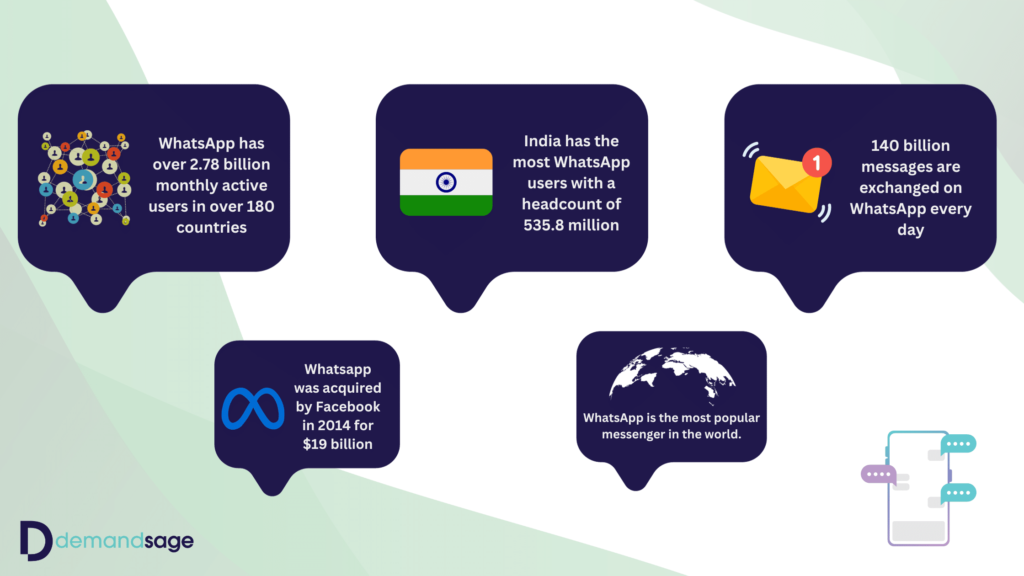
WhatsApp Under Meta’s Ownership
Meta’s ownership has had a profound impact on WhatsApp and how the app operates, particularly concerning data privacy, monetization, and integration with other Meta services.
- Data Privacy Concerns: One of the major concerns since Meta acquired WhatsApp has been user data privacy. Although WhatsApp has maintained strong encryption, there have been concerns about how Meta handles user data, especially after the introduction of new privacy policies that allow for more data sharing between WhatsApp and other Meta platforms. These changes have sparked debates and led some users to explore alternative messaging apps like Signal and Telegram.
- Monetization Strategies: While WhatsApp remains ad-free, Meta has been exploring other monetization strategies, primarily through WhatsApp Business. The company has introduced features like payment services in certain countries, allowing users to send money through the app, which could become a significant revenue stream in the future.
- Integration with Meta’s Ecosystem: Meta has worked to integrate WhatsApp more closely with its other platforms, such as Facebook and Instagram. This integration allows for features like cross-platform messaging, where users can communicate across Facebook Messenger, Instagram Direct, and WhatsApp seamlessly. This move aligns with Meta’s broader strategy to create a unified messaging system across its apps.
- End-to-end Encryption: A key feature of WhatsApp is its end-to-end encryption, which was fully implemented in 2016 under Meta’s ownership. This ensures that only the sender and recipient can read messages, enhancing privacy and security.
- No Ads Policy: Meta is committed to keeping WhatsApp ad-free, honoring the founders’ original vision. While there have been discussions about introducing ads, Meta has focused on other revenue streams like WhatsApp Business.
- WhatsApp Business: Launched in 2018, WhatsApp Business allows small businesses to create profiles, provide customer support, and send notifications, making it a valuable tool for digital business communication.
WhatsApp’s Global Reach and User Statistics
WhatsApp’s global influence is undeniable, with over 2 billion active users as of 2021. The app’s popularity spans across continents, but its usage varies significantly by region.
- Countries with High Usage: WhatsApp is the leading messaging app in countries like India, Brazil, and the USA. In India alone, WhatsApp has over 487 million users, making it the app’s largest market.
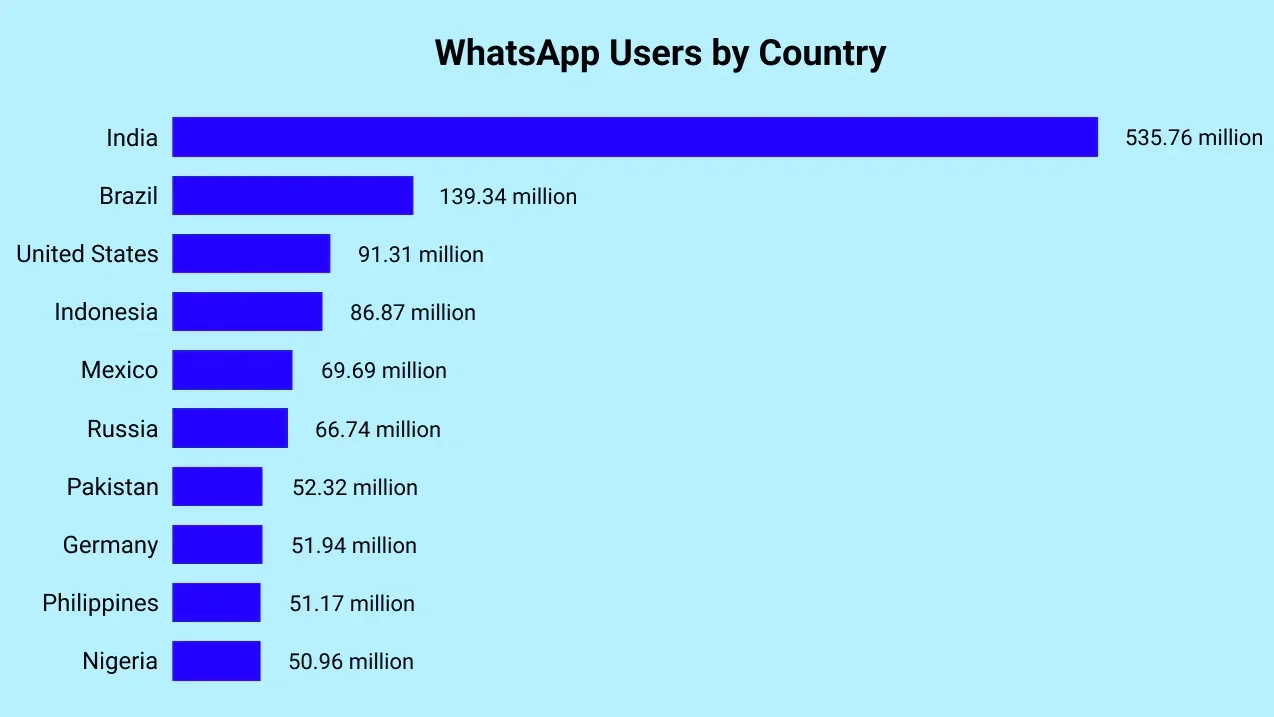
- Countries with Low Usage: In the United States, WhatsApp’s adoption is lower, with users preferring other messaging platforms like iMessage and Facebook Messenger. Similarly, countries like Japan and South Korea have low WhatsApp penetration, where LINE and KakaoTalk dominate, respectively.
- Countries Where WhatsApp Is Banned: WhatsApp faces restrictions or bans in several countries. For instance, China has banned WhatsApp, favoring local apps like WeChat. Other countries like Syria, Iran and North Korea have also restricted access to WhatsApp due to concerns over encrypted communication
- User Base: With over 2 billion users, WhatsApp is the most widely used messaging app globally. It has revolutionized communication, particularly in regions where SMS and traditional phone calls are expensive or unreliable.
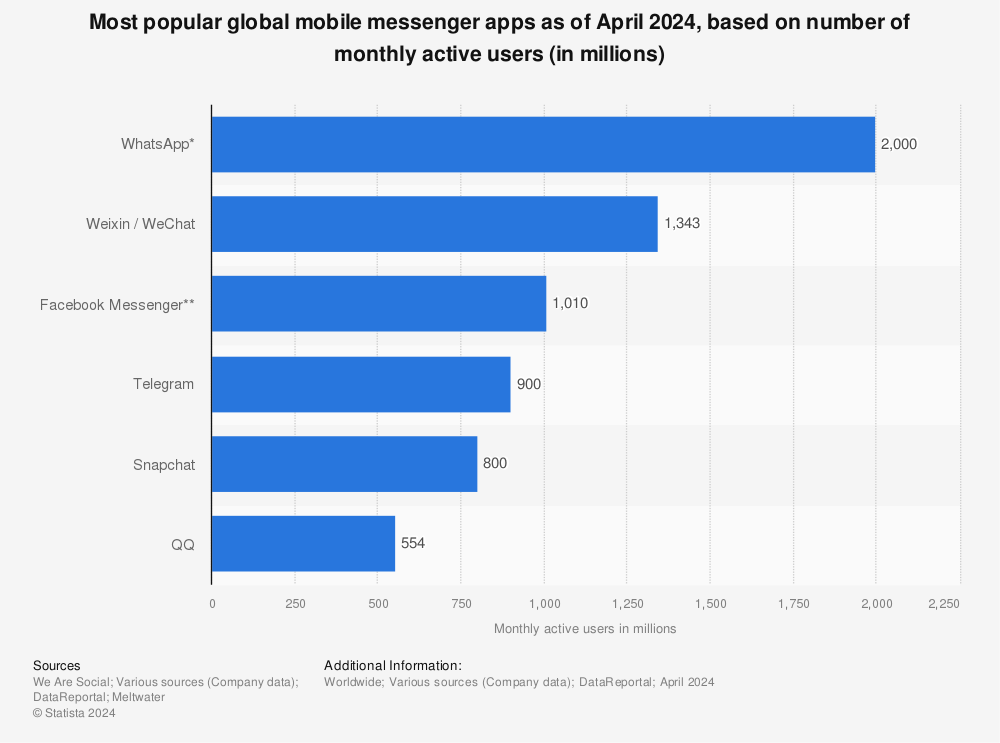
Find more statistics at Statista
- Role in Developing Markets: WhatsApp is particularly popular in developing markets like India and Brazil, where it serves as the primary communication tool. It’s also increasingly being used for business, education, and healthcare, especially in areas where access to other communication platforms is limited.
- Cultural Impact: WhatsApp has changed the way people communicate, offering free and accessible messaging that transcends borders. Its group chat features, voice and video calls, and status updates have made it an essential tool for both personal and professional communication.
Sources:


